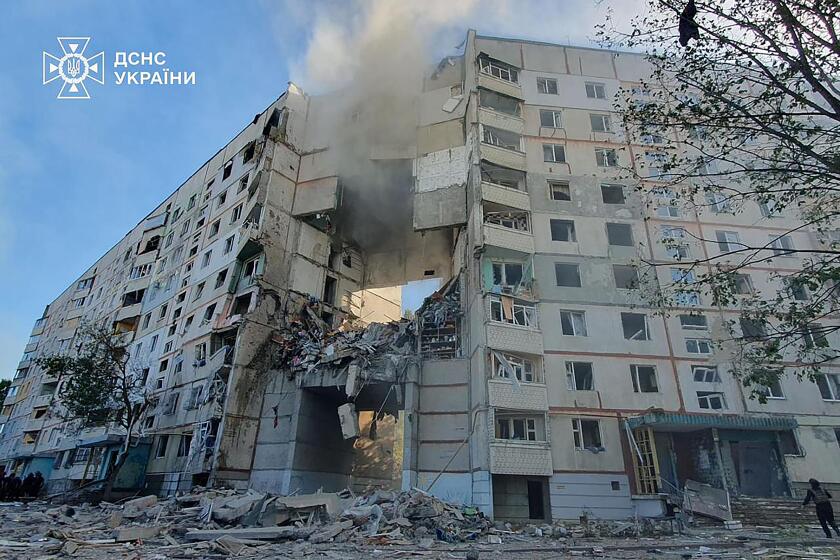Protests in Tibet unnerve an already besieged China
The largest pro-independence demonstrations in the Tibetan capital in nearly two decades have rattled the Chinese government as it struggles to contain growing criticism of its human rights record in the run-up to the 2008 Summer Olympics.
More than 500 Buddhist monks participated in marches toward the center of Lhasa, shouting slogans against China’s 57-year rule over Tibet. Two of Tibet’s three most important monasteries participated in the protests Monday and Tuesday. Monks at the third, the remote Ganden Monastery in the mountains 29 miles from the capital, were said to have staged their own demonstration Wednesday, said Robert Barnett, a Tibet scholar at Columbia University in New York.
“It is an astonishing development after 20 years that this is happening,” Barnett said.
Activists quoting witnesses in Lhasa said Chinese security forces were setting up roadblocks around the city.
In another security move, China notified tour operators this week that Mt. Everest would be closed to climbers this year until May 10. Although the letter of notification cited environmental concerns, analysts say the Chinese want to avoid a repeat of an incident last year, when climbers made a video of themselves on Everest with a “Free Tibet” banner, and posted it on the Internet.
China has ruled Tibet since 1951, and critics say it has stifled its culture, language and religion. This week’s protests marked the March 10 anniversary of a failed 1959 uprising against China. Separately, several hundred Tibetan exiles tried to march into Tibet from the north Indian town of Dharamsala, where the Dalai Lama presides over a government in exile. Some were arrested.
The U.S.-funded Radio Free Asia’s Tibetan-language service reported that it received a phone call Wednesday from a witness in the Ganden Monastery who said monks were demonstrating. The service also reported fresh accounts of a protest Tuesday in which several hundred monks were seen marching near a police station.
“There were probably a couple of thousand armed police. . . . Police fired tear gas into the crowd,” the witness was quoted as saying.
Although some witnesses said they heard gunshots, no serious injuries were reported.
The blockades kept the monks far from the city center, where they had hoped to demonstrate.
But the marches clearly rattled the Chinese government, which has been trying to fend off human rights activists from all corners of the globe using the Summer Olympics as a platform for their causes.
“The Olympic charter requires that the Olympic Games not be politicized,” Chinese Foreign Minister Yang Jiechi said at a news conference Wednesday in Beijing.
He also criticized the Dalai Lama, saying the Tibetan spiritual leader’s “conspiracy to split Tibet from China and his secessionist attempt is doomed to fail,” according to the official New China News Agency.
Tibet is a potentially explosive issue for the Chinese in this sensitive year because it commands a large international following with high celebrity interest. The Chinese were shocked last month when Icelandic singer Bjork shouted “Tibet, Tibet!” from a stage in Shanghai after performing her song, “Declare Independence.”
Kate Saunders, an official of London-based Free Tibet, said, “We want to use the Olympics as a means of leverage on China to press for positive change.”
Since 1988, when a monk was shot to death for unfurling a Tibetan flag in Lhasa, the Chinese have kept such a large paramilitary presence in Tibet that protests against their rule have been virtually impossible.
Barnett said this week’s events were linked to the Olympics and to resentments that have been pent up since 2005, when Zhang Qingli, a confidant of President Hu Jintao, took over as head of the Communist Party in Tibet.
“The control of Tibet has become more aggressive in the way they’ve controlled religion and the aggressive language they’re using about the Dalai Lama,” Barnett said. “And deciding to route the Olympic torch through Tibet was really provocative. They were setting themselves up for trouble.”
Barnett noted, however, that the protests this week were handled with more sophistication than previously by the Chinese People’s Armed Police force, which is stationed in Tibet. In the 1980s, brutality toward the monks inflamed the general population, leading to riots.
The State Department this year dropped China from its list of worst abusers of human rights, but accusations continue. Human Rights Watch issued a report Wednesday charging the Chinese with systematically abusing migrant workers involved in Beijing’s pre-Olympics construction boom.
--
More to Read
Sign up for Essential California
The most important California stories and recommendations in your inbox every morning.
You may occasionally receive promotional content from the Los Angeles Times.










